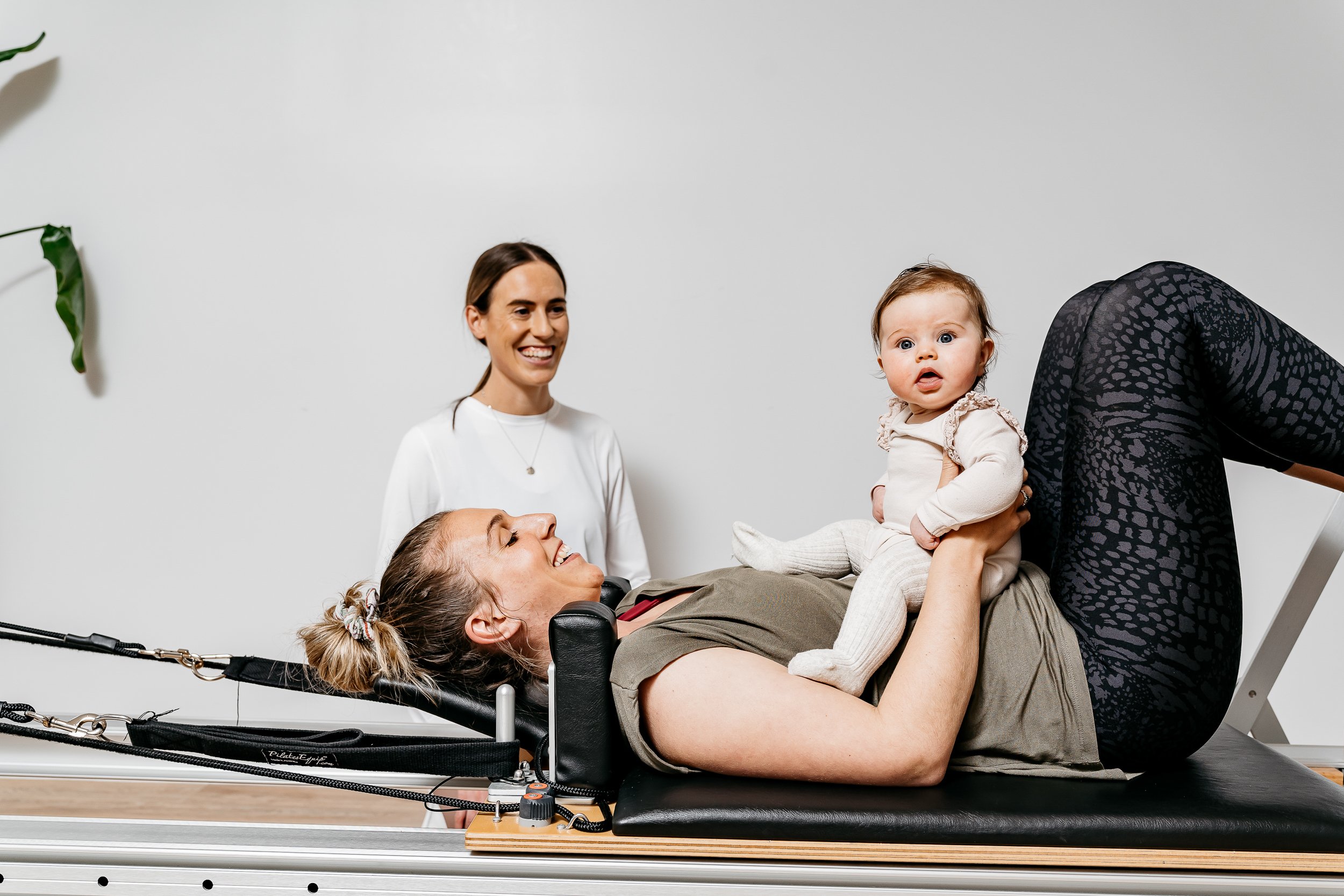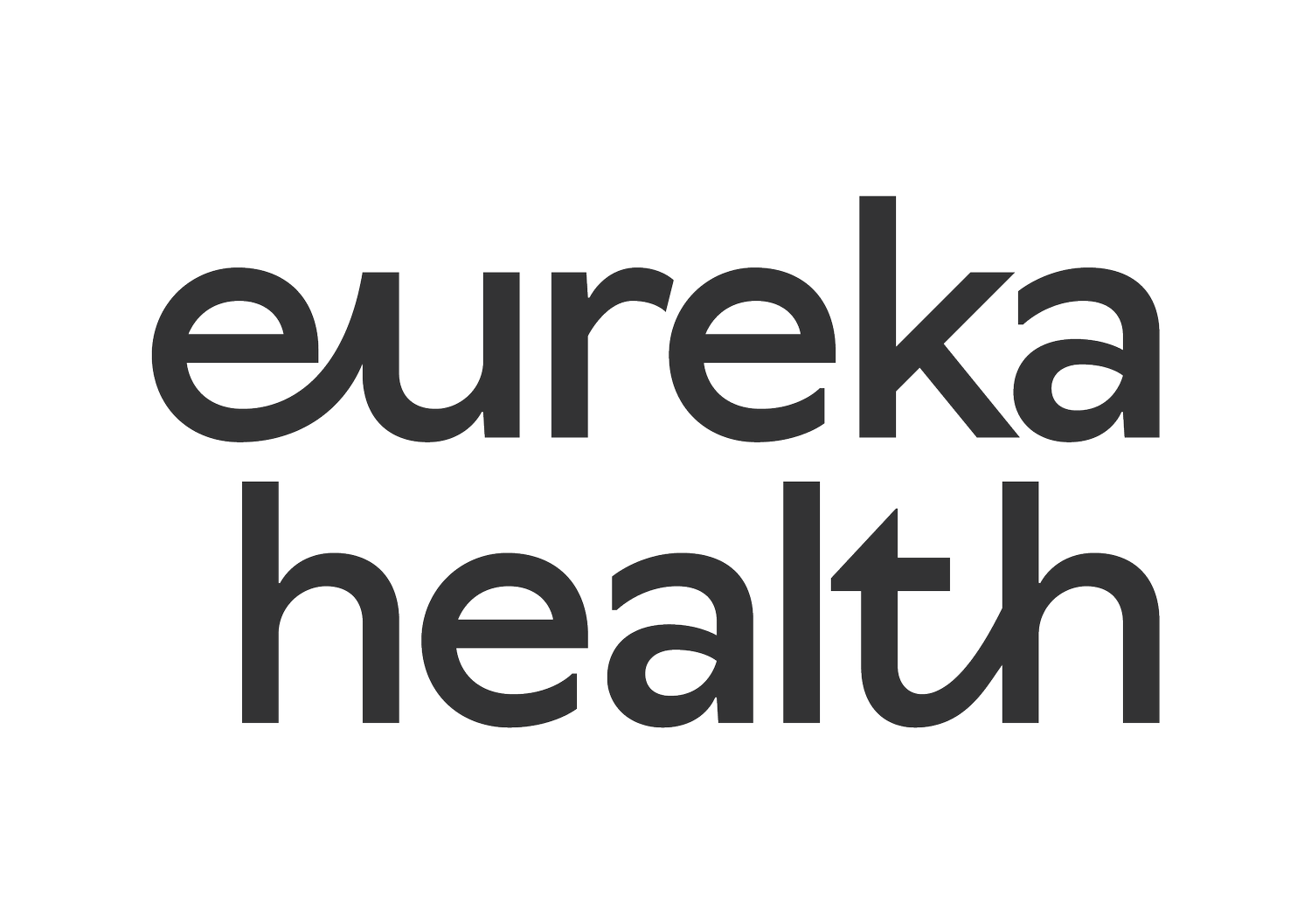
Eureka Health’s guide to the first few weeks postpartum
Let your body recover
Whether you’ve just had a vaginal birth or a caesarian, your body has lots of recovering to do. Taking mini breaks when you can and getting plenty of horizontal rest is important in the first few weeks. Other things that you might find helpful are ice packs for your scar site or perineum and compression shorts or leggings if you find these helpful.
Get to know your boobs
Breastfeeding can feel like a lot to get your head around in the early days. Getting to know your baby and getting comfortable feeding in a few different positions can be great for improving your fit and hold and achieving a comfortable latch. Trying a feed reclined or in side-lying can sometimes make all the difference. If you’re experiencing nipple pain then we definitely recommend the wonderful IBCLC’s that Ballarat has to offer and we proudly stock Silverettes at the clinic to help soothe and protect nipples.
Good bladder habits
Often by the end of pregnancy, you’re getting up a few times overnight to wee. Generally for healthy adults urinating 0-1 times per night is considered normal. When you’re getting up a million times to feed a baby overnight it can be tempting to wee each time, but now is a great time to slowly get back into some good bladder habits. Depending on your birth, it might take a while for your sensation, strength and control to return to normal. Keep an eye on this and check in with your midwife or OB, or one of our pelvic health trained osteos or physios to discuss if you feel like things aren’t improving or your function is quite altered.
Avoid constipation
Straining on the toilet is something to be avoided post partum for all kinds of births. Medication used in labour, hospital food and bed rest can all contribute. Ensuring that you have lots of fibre in your diet is step one. “P fruits” like pears, plums, peaches, and prunes, and any of their juices can be helpful as well as wholegrains, vegetables and legumes. When you go to the toilet for a bowel movement, pop a step under your feet so that your knees are lifted to hip height, gently lean forward, breathe and relax your belly. If you are feeling constipated then a stool softener in the early days can be really helpful - chat to your pharmacist about this.
Pelvic Floor exercises
You can start these right away post birth, but we start very gently and gradually. Reconnecting with diaphragmatic breathing is a great first step, and seeing if you can do some gentle pelvic floor squeezes is great too. When we check your DRAM (ab separation), we will also check if you can connect to your deep abdominal muscles and pelvic floor muscles. We can then design you an individualised programs. Although we won’t do any internal pelvic floor assessment prior to 6 weeks post partum, if you are having concerns and experiencing heaviness or dragging sensations or incontinence we will assess in different ways and give you plenty of info and strategies to try. We can also design you an individualised program as early as you like, our physios are great at this.
Thinking about strong babies
Right now your bub most likely wants to be close to you at all times but you’ve probably also heard that you should be doing tummy time. How on earth do you combine these things, you ask. Short burst of tummy time on your chest or on the floor together are a great place to start. Babies should be comfortable in all positions and looking equally in both directions. Sometimes babies are born with asymmetry or postural preferences (including torticollis). A paediatric osteo assessment will give you information on any musculoskeletal issues and strategies to try at home with your bub.
Mastitis - no need to fear!
Avoid outdated information from well meaning relatives like “drain the breast” and learn what the current research tells us. If you are pumping or feeding directly from the breast your goal in the first 6 weeks is to get your milk supply in sync with your baby’s needs. Your breast has its own microbiome that can be disrupted by medications, diet and stress. Newborns generally feed 8-12 times per day and often not at equally spaced intervals. We offer mastitis appointments using therapeutic ultrasound as a gentle way to get fluid moving without causing any trauma to the breast. Please don’t massage your breasts, change your feeding pattern or start pumping after feeds without chatting to a great LC. You can read more about mastitis here
Accept the help!
Nourishing your body with nutritious food and getting some sleep where you can is important for healing, bowel function,
Address your aches and pains
Caring for a newborn can be physically demanding and it’s a marathon not a sprint! Common complaints from new parents include back, neck and wrist pain. Get these addressed early on. You’re always welcome to bring your baby to your appointments


